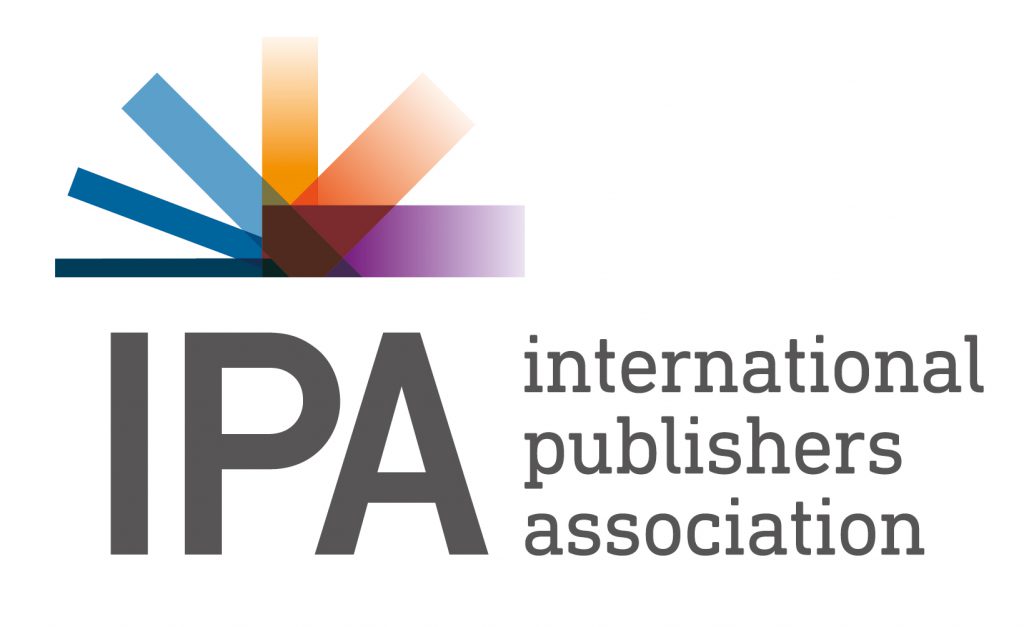André Breedt of Nielsen noted, educational publishing dominates the Indian market. Local publisher Himanshu Gupta (S Chand) claimed that Indian publishers are embracing digital as an enabler for hybrid learning. He was supported by Vikas Gupta of Wiley, who called on publishers to become platforms for smart digital content.
The next session ‘Strengthening Education Publisher Capacity’ was chaired by Willmar Diepgrond from the German Westermann Group and Chair of the IPA’s dynamic Educational Publishers Forum (EPF). Spanish publisher and Vice Chair of the EPF, Jaume Vicens (VicensVives) detailed the digital revolution that educational publishers are undertaking.
Brian Wafawarowa, the President of the Publishers Association of South Africa, described the educational ecosystem that publishers work in and spoke about what resources are needed for successful lobbying of government. Mathematician and former Vice-Chancellor of Delhi University, Professor Dinesh Sing, spoke eloquently about ancient, pre-copyright forms of dissemination of knowledge in India and asked whether we could learn from them.
IPA President, Michiel Kolman, led the next session on ‘STM Publishing’, showing how this sector had deftly avoided predictions of its demise by actively embracing the very ‘disruptions’ that were meant to destroy it. FIP president, NK Mehra, gave the Indian perspective on this decades-long transformation of the sector, while Peter Wiley of John Wiley and Sons explained how his 200 year old company faced and embraced change and disruption with various levels of success. Today Wiley contributes to building a better future through education, skill development, and research. Sanjeev Goswami, Managing Director of SpringerNature India, expanded on the openness and sharing that SpringerNature embraced, as the leading Open Access publisher with advanced article and data sharing facilities.
Former IPA President, Ana Maria Cabanellas chaired the final session of the Congress, which on ‘Collective Rights Management’. Caroline Morgan, CEO of the International Federation of Reprographic Rights Organisations (IFRRO) highlighted the differences between the collections and distributions of different RROs. Kevin Fitzgerald from WIPO underlined the cultural and economic importance of CMOs but called on them to come up with digital and cross border solutions if they want to survive. He was followed by Michael Healy, Executive Director of the Copyright Clearance Centre in the USA, who spoke of the perfect storm facing CMOs but reminded the audience that solutions were possible through voluntary licences. And finally Rohit Kumar, a consultant for the Indian Reprographic Rights Organisation, spoke of the need for the Indian government to decide whether it actively prioritized intellectual property rights for the benefit of Indian creators and rightsholders or not.
With the sessions completed, it was left to IPA’s President, Michiel Kolman, and Vice President, Hugo Setzer to bring the Congress to a close, thank those who worked tirelessly behind the scenes to make it happen, and announce the destination of the 33rd IPA International Publishers Congress – Lillehammer in Norway!

